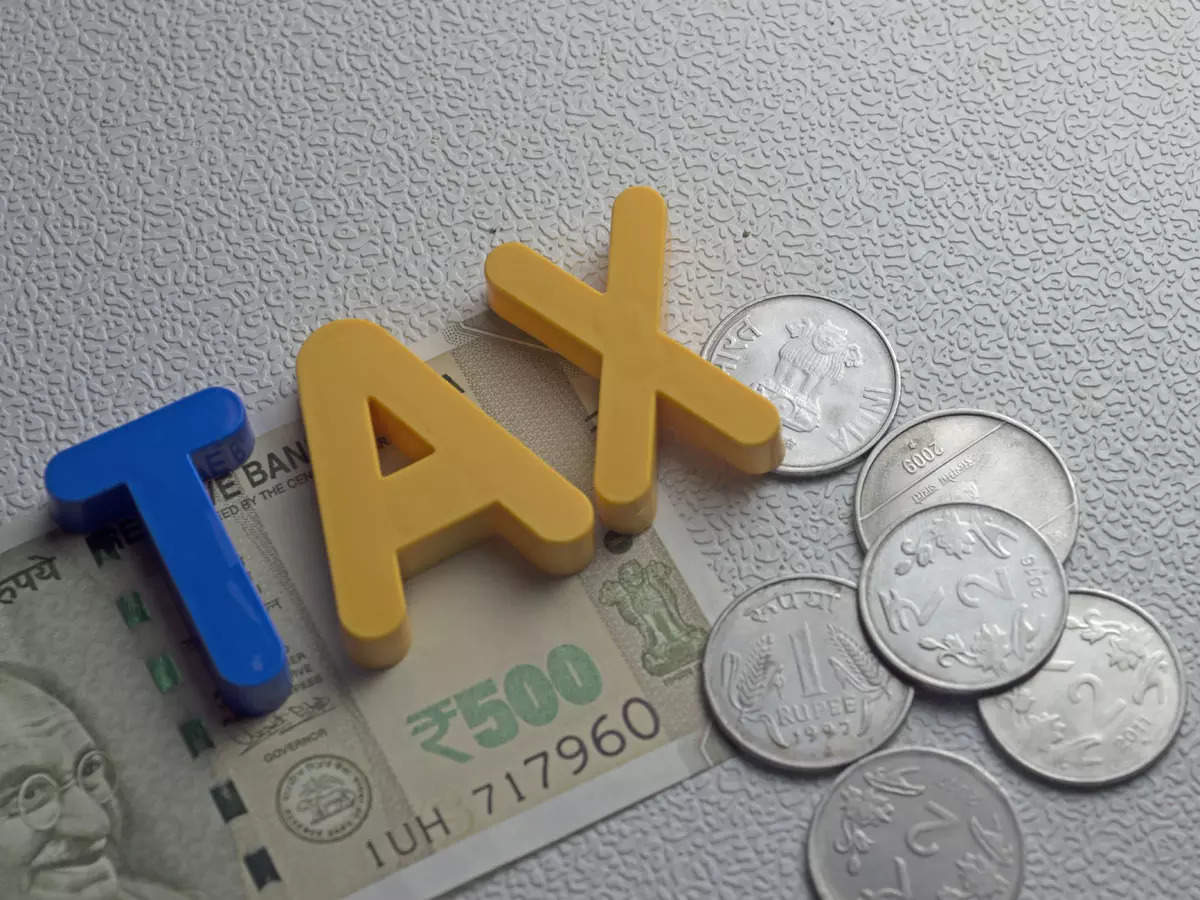View News
Section 194R- 10% TDS on Benefits or Perquisite

Section 194R- 10% TDS on Benefits or Perquisite
The CBDT vide Circular No. 12 of 2022 dated June 16, 2022 has issued guidelines w.r.t. Section 194R of the Income tax Act, 1961 (“the IT Act”), w.e.f. July 01, 2022 that mandates a person, responsible for providing any benefit or perquisite to a resident, to deduct tax at source @10% of the value or aggregate of value of such benefit or perquisite, before providing such benefit or perquisite.
Finance Act 2022 inserted a new section 194R in the Income-tax Act, 1961 (hereinafter referred to as "the Act") with effect from July 01, 2022.
The new section mandates a person, who is responsible for providing any benefit or perquisite to a resident, to deduct tax at source @10% of the value or aggregate of value of such benefit or perquisite, before providing such benefit or perquisite. The benefit or perquisite may or may not be convertible into money but should arise either from carrying out of business, or from exercising a profession, by such resident.
This deduction is not required to be made, if the value or aggregate of value of the benefit or perquisite provided or likely to be provided to the resident during the financial year does not exceed twenty thousand rupees.
The responsibility of tax deduction also does not apply to a person, being an Individual/Hindu undivided family (HUF) deductor, whose total sales/gross receipts / gross turnover from business does not exceed one crore rupees, or from profession does not exceed fifty lakh rupees, during the financial year immediately preceding the financial year in which such benefit or perquisite is provided by him.
Sub-section (2) of section 194R of the Act authorises the Board to issue guidelines, for removal of difficulties, with the approval of the Central Government. These guidelines are required to be laid before each House of Parliament and are binding on the income-tax authorities and the person providing the benefit or perquisite.
Accordingly, in exercise of the power conferred by sub-section (2) of section 194R of the Act, the Board, with the prior approval of the Central Government, hereby issues the guidelines.
The Circular can be accessed at: https://incometaxindia.gov.in/communications/circular/circular-no-12-2022.pdf
SOME OF THE CASES FALL UNDER CATEGORY OF SECTION 194R
Allotment of shares to directors, providing cars to them, and a sponsored business trip or conference by a company will attract 10% tax deducted at source (TDS) from July 1.
The central Board of direct Taxes (CBDT) on Thursday issued detailed guidelines on deduction of tax at source under Section 194R of the Income Tax Act. It requires deduction of TDS at the rate of 10% by any person providing any benefit or perquisite exceeding Rs. 20,000 in Year to a resident.
The provision was introduced in the last budget. As per the guidelines, TDS is required to be deducted even where benefits or perquisites may be used by owner, director, and employee of the recipient entity or their relatives who in their individual capacity may not be carrying on business or exercising a profession. TDS will be applicable in case capital assets including allotment of shares or cars to directors.
The Provision will not be applicable on sales discount, cash discount or rebates offered to customers but will apply on the seller providing incentives other than discount or rebate which are in cash or kind these could be for instance, car, TV, computers, gold coin, and mobile phone, sponsored trip, free ticket, or medicine samples to medical practitioners.
The guidelines exempt government hospitals. Business conferences will be exempt from TDS; with a ride they do not include leisure component and family members accompanying participants stay before or beyond conference day.
The calculation of value would be taken into account from April 1, the guidelines said, “It is apparent that taxpayers would need to gear up their system and tracking mechanisms for various routine transactions to identify and withhold tax on such benefits and perquisites”. said Sudin Sabnis, partner at business consultant firm Nangia Andersen LLP.
Article compiled by
Legalmantra.net Team

